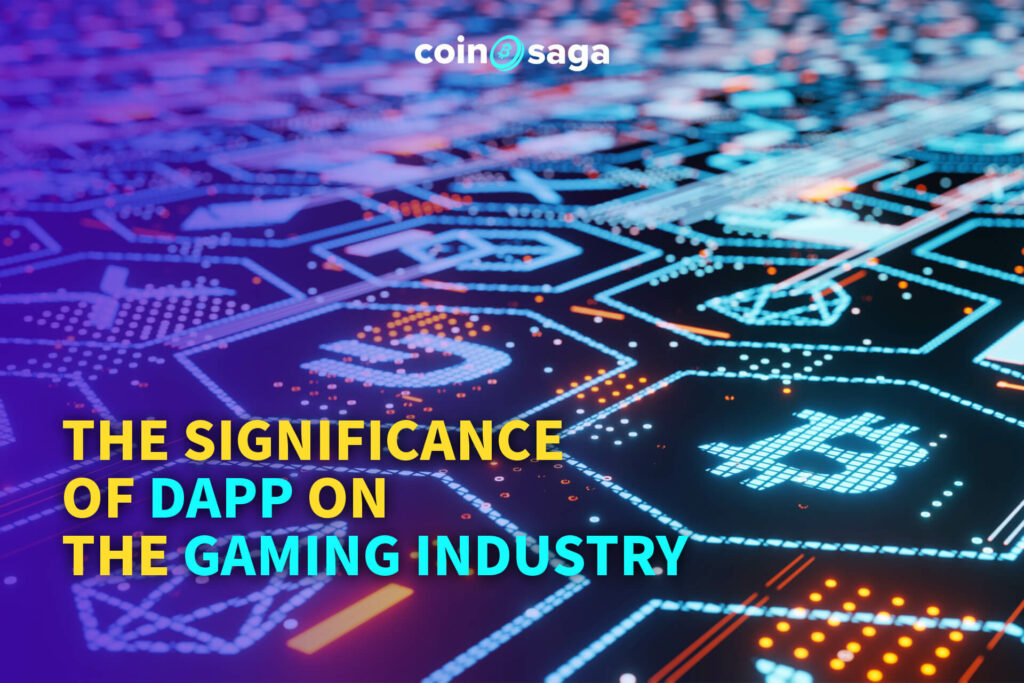Last updated on 10/11/2020
Welcome to the CoinSaga Blog website (the ‘Website’)
(1) Who We Are
(1.1) The Data Controller of Your Personal Data is Newlinetech BV, a Company having its registered address at Fransche Bloemweg 4, Willemstad, Curacao (the ‘Company’ ‘We’ ‘Us’ ‘Our’). The purpose of this Privacy Policy is to inform You of how the Company collects, processes, uses, stores and protects Your Personal Data as well as the rights You have with respect to the processing of Your Personal Data.
(1.2) By visiting Our Website and using Our Services, You acknowledge reading and fully considering this Privacy Policy.
(1.3) We will process Your Personal Data in accordance with the GDPR. For any further request or query about how We use Your Personal Data, You may address through the following email address: dpo@newlinetec.biz.
(1.4) Any notice, demand, request or other communication which You address to the Company shall either be sent by certified mail, return receipt requested, or by e-mail. All communication done by e-mail shall be deemed received on the business day following the day of transmission.
(2.0) Definitions
Capitalised terms in this Policy shall have the meaning assigned to them under the GDPR, and shall be construed accordingly. Furthermore, the following definitions shall apply:
(2.1) GDPR – the General Data Protection Regulation (EU) 2016/679, of the European Parliament and of the Council of 27 April 2016 on the protection of natural persons with regard to the processing of Personal Data and on the free movement of such data, and repealing Directive 95/46/EC, as amended, replaced or superseded and in force from time to time.
(2.2) Services – the Blog provided by the Company through the Website.
(2.3) User – any person who makes use of the Services or accesses and browses the Website (‘You’, ‘Your’).
(3.0) Subject Matter
(3.1) This Privacy Policy sets out the terms and conditions which the Company follows in order to protect the privacy of Our Users. It describes the conditions under which We make any collection and processing of Your Personal Data.
(3.2) The Company reserves the right to amend and update this Privacy Policy, whenever it deems appropriate, and any changes thereof shall come in force and effect from the instance they appear online on the Website.
(4.0) Types of Personal Data Collected
The Company collects and processes the following Personal Data:
(4.1) At the point of Your access and use of the Website:
- IP Address;
- Analytical data;
- End user device data;
- General communication data;.
(4.2) Any other Personal Data directly provided by You during Your interaction with Us.
(5.0) Purposes and Legal Basis for Data Processing
(5.1) The Company may process Your Personal Data to fulfill its obligations under the Terms and Conditions, for the following purposes:
- Administration and development of the Website and the Services;
- Collection, processing and performing statistical and other research and analysis of information for enhancement of the Website and the Services;
- Verifying compliance with the Terms of Use of the Website.
(6.0) Data Recipients
(6.1) We will not disclose Your Personal Data to any third party for the execution of the purposes mentioned in this Privacy Policy.
(6.2) In the event that We are required by a court or other administrative authority and in any other case that We are legally bound to do so, the Company may transfer Your Personal Data to public authorities to the extent specified by law.”
(7.0) Data Security and Confidentiality
(7.1) In order to ensure the proper use and integrity of Your Personal Data and to prevent unauthorised or accidental access, processing, deletion, alteration or other use, the Company applies appropriate internal policies and takes all appropriate organizational, technical and procedural security measures, as well as technical standards, in accordance with applicable laws and regulations.
(7.2) The processing of Your Personal Data by the Company is conducted in a manner that ensures confidentiality and security, taking into account the latest developments, implementation costs and the nature, scope, context and purposes of the processing, as well as the risks for Your rights and freedoms, which are applicable in each circumstance.
(7.3) Your Personal Data is processed solely by authorised personnel of the Company, bound by strict obligations of confidentiality.
(8.0) Retention of Personal Data
(8.1) We retain Your Personal Data for as long as is necessary to fulfill the relevant purposes of processing explained in this Policy, in accordance with the Data Minimisation and Storage Limitation principles.
(8.2) Furthermore, the Company may retain Your Personal Data after the expiration of the relevant processing purposes for the following reasons:
- In case We have a legal obligation to retain Your Personal Data under a relevant statutory provision.
- Based on Our legitimate interest to defend the Company against any potential legal claims, before any competent court or public authority.
(8.3) After the period of retention, Your Personal Data is erased from Our databases and systems.
(8.4) For more information about data retention terms in relation to specific Personal Data, please contact Us at dpo@newlinetec.biz.
(9.0) Your Rights
(9.1) You have the right:
- To request access to Your Personal Data and information related to their processing and obtain a copy thereof.
- To request for the rectification of any inaccuracies or any missing Personal Data of yours.
- To request for the erasure of Your Personal Data.
- To request for the restriction of the processing of Your Personal Data in cases explicitly provided for by law.
- To request for the portability of Your Personal Data to another Data Controller in a structured, commonly used and machine-readable format.
- To object to the processing of Your Personal Data in cases explicitly provided for by law.
- To object to a decision taken solely on the basis of automated processing, including profiling, which has impact on You or significantly affects You.
(9.2) Any requests relevant to the above Section 10.1 must be addressed in writing to dpo@newlinetec.biz.
(9.3) If Your rights are infringed, You have the right to file a complaint with a relevant Supervisory Authority.
(10.0) Cookies
(10.1) The Website makes use of “cookies” for Analytic/Performance purposes. These cookies are set by Google Analytics. Such cookies help us measure how users interact with our Website by collecting information on clicks, time spent on the Website, pages visited on the Website, frequency, which browser is used, and whether a User visits a third-party site. This information is passed on to Google Analytics, and the feedback received is solely used to improve the Website. Statistics and analytical data are useful tools for us to provide a better product for our Users and to make our business predictions more accurate. For further information please visit the Google Analytics Terms of Use and the Google Privacy Policy. You have the option to stop Google Analytics from recognising you when returning to our Website by disabling cookies on your browser. Further information on how this can be done, may be found below.
(10.2) We require your consent for the above specified cookies, which may be given by ticking the pop-up box upon accessing the Website. . Furthermore, if you wish to change your cookie preferences with regards to our websites please click here.







